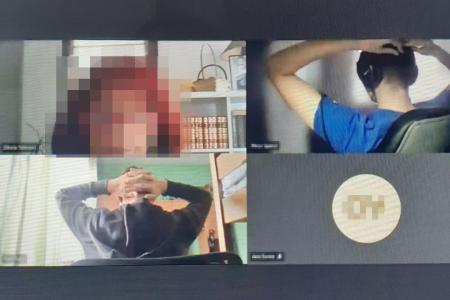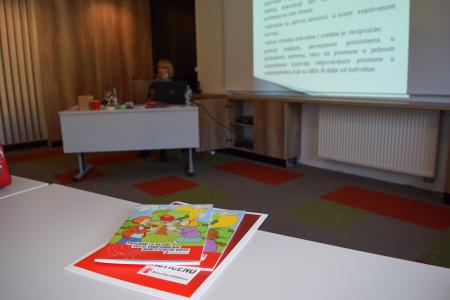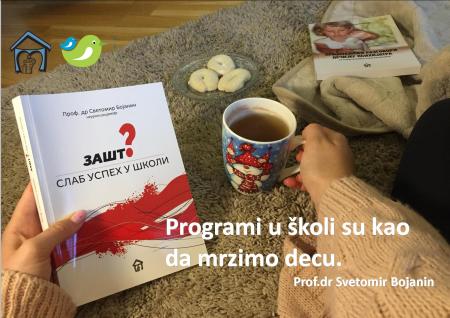
Emotions are biological states associated with the nervous system brought on by neurophysiological changes variously associated with thoughts, feelings, behavioural responses, and a degree of pleasure or displeasure. The original role of emotions was to motivate adaptive behaviours that in the past would have contributed to the passing on of genes through survival, reproduction, and kin selection.
Emotions are the taste buds of life. They tell us about the flavour of our lives. But not only that, they also tell us what is and what is not working for us, and they inform us of the deeper unresolved issues in our lives.
Some people call the uncomfortable emotions, such as anger, fear and sorrow, negative emotions. But there is actually no such thing as a negative emotion.
Once you have uncovered more emotion, it helps to name it — 'I’m feeling anger', or 'this emotion is sadness'. Acknowledging the emotion with compassion means we face it with acceptance, rather than ignoring it, judging it, trying to control or change it. Giving words to our emotions helps them seem less nebulous and out of control. It helps us categorize and make sense of them, even on a neurological level. Difficult emotions are often informative about problem areas, unresolved issues and potential solutions to problems.
But we will not hear these messages if we are not attuned to listen to them. We get attuned to listening to our emotions by checking in regularly and dialoguing with our emotions, so that they will know that we are open to receiving what they have to say. They are our internal messaging system, meant to give us information about our self and life.
Anger, for example, might tell us that we are stuck in a particular situation we don’t like. And it might even point the way out. Every emotional reaction says a lot about us, our needs and personality, and we can learn about ourselves from emotions so that we can progress and grow as individuals.
Working with these more uncomfortable emotions means turning them into your friends, instead of making them the enemy, as so many so easily do. These emotions are not meant to be sent away, told they are bad, or repressed into the unconscious. They are meant to help us see what is going on in our lives and respond appropriately. Our society does not necessarily support this idea, but it works. It works because when we allow these emotions to give us their message, they don’t have to sneak up on us from the unconscious and sabotage our lives.
If you wish to learn more about uncomfortable emotions, how to recognize and manage them, join our webinar here.
















